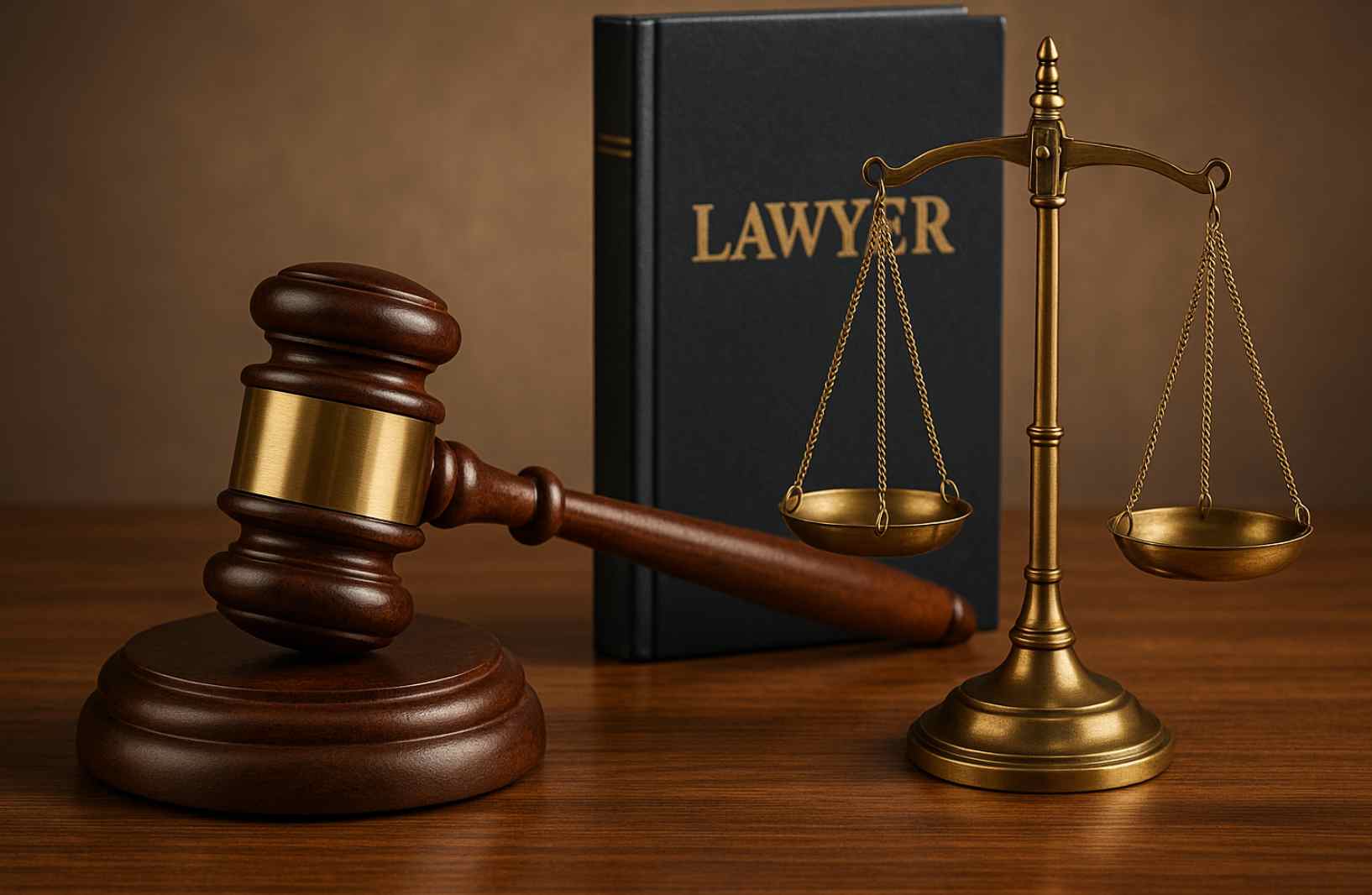The Supreme Court of India has now clarified an age-old question surrounding the legal profession. Is every lawyer an advocate? The Court’s answer is a decisive no. A law degree by itself does not make a person an advocate. Only those who are enrolled with a State Bar Council and practice independently qualify as advocates under the law.
In its ruling interpreting the Bharatiya Sakshya Adhiniyam or BSA, the Court held that in-house counsel and salaried legal advisors do not come within the statutory meaning of the term advocate. Therefore, they are not entitled to claim attorney-client privilege under Section 132 of the BSA.
The judgment was authored by Justice K Vinod Chandran for a Bench headed by Chief Justice B R Gavai. The Bench made it clear that the right to practice law is not conferred by education but by enrollment and professional independence.
The Legal Framework Behind Lawyer vs Advocate
Section 2(a) of the Advocates Act 1961 defines an advocate as a person whose name is entered in the roll of a State Bar Council. Sections 29 and 33 of the same Act make it clear that only advocates can appear, act, or plead before any court, tribunal, or authority.
The term lawyer on the other hand, is a broader social description. It refers to anyone who has obtained a law degree or performs legal work but who may not be entitled to appear in courts. Hence, every advocate is a lawyer, but not every lawyer is an advocate.
Why Employment Status Matters
The Supreme Court relied on Rule 49 of the Bar Council of India Rules, which prohibits full-time salaried employees from practicing as advocates. Once a person accepts a full-time salaried position, they cease to be an advocate in the eyes of the law.
This distinction is not merely procedural but goes to the heart of professional ethics. Advocacy is not employment. It is a vocation that demands independence of judgment and a primary duty to the court. A salaried legal advisor is bound by the directions and interests of the employer and cannot maintain the level of independence expected of an advocate.
The Court also relied on the Constitution Bench decision in Rejanish K V versus K Deepa, decided earlier this year, which reaffirmed that an advocate must inform the Bar Council upon taking full-time employment and cannot continue to practice unless they resign from such employment.
Independence The Soul of Advocacy
Independence remains the core attribute that separates an advocate from a lawyer. Citing the European Court of Justice decision in Akzo Nobel versus European Commission 2010, the Supreme Court observed that even a legally qualified in-house lawyer cannot be considered independent, as they operate within the hierarchy and control of their employer.
An advocate owes allegiance to the court and to the law, whereas a lawyer in employment owes allegiance to the employer. The judgment makes it clear that the privilege of advocacy cannot coexist with the subordination of salaried employment.
Privilege Versus Confidentiality
Section 132 of the Bharatiya Sakshya Adhiniyam protects from disclosure for communications made between a client and an advocate in the course of professional engagement. The foundation of this privilege lies in the advocate’s independence.
In-house counsel, although qualified and engaged in legal work, do not possess such independence. Therefore, their communications with the employer are not privileged under Section 132.
However, they may enjoy limited confidentiality under Section 134, which safeguards against forced disclosure of confidential communications with a legal advisor.
This distinction between privilege and confidentiality carries significant consequences in investigations, corporate compliance, and litigation.
Why This Distinction Matters Today
The ruling has major implications for corporate legal departments and compliance professionals. It makes it clear that internal legal communications by in-house counsel may not enjoy statutory privilege. Corporations must therefore exercise greater caution in how legal advice is shared internally.
It also reinforces the long-standing principle that holding a law degree does not grant the right to practice law. That, right along with the privileges attached to it flows only from enrollment and independent practice before courts.
In reaffirming this principle, the Supreme Court has restored clarity between legal education and the legal profession. The term lawyer represents a broader qualification, while advocate signifies a defined legal status grounded in independence and duty to the court.
Bench and Case Details
- Case Title: In Re Summoning of Lawyers by Investigating Agencies and Scope of Attorney Client Privilege Suo Motu Matter
- Neutral Citation: 2025 INSC 1275
- Bench: Chief Justice B R Gavai Justice K Vinod Chandran and Justice N V Anjaria
- Key Holding: In-house counsel are not advocates within the meaning of the Advocates Act 1961 and therefore cannot claim privilege under Section 132 of the BSA
Final Word on Lawyer vs Advocate
The Supreme Court’s ruling on the question of lawyer vs advocate has redefined professional clarity in Indian law. A lawyer may possess the education and expertise to advise or teach, but only an advocate, enrolled and independent, carries the right to practice and the privilege that accompanies that status.
In the eyes of the law advocacy is not just a profession but a trust, built upon independence and duty to the court. That is the true essence of the difference between a lawyer and an advocate.
Follow The Legal QnA For More Updates…















